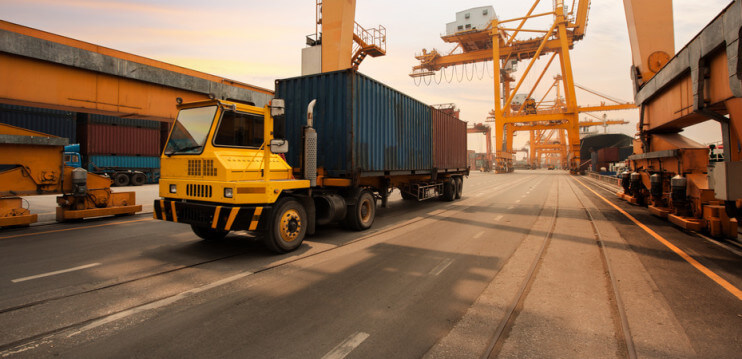Threat of ‘stranded assets’ You are a busy supply chain professional. Should future developments in supply chains be based on the scenario that has existed for your time working in the field? But, scenarios can change, caused by market forces, technology developments or government action. When unplanned change occurs, logistics assets built for one mode of moving goods can be … Read More
Water – supply chains using more but less available
Water in supply chains Water is not a resource in which Logisticians typically concern themselves; but should they? Changes in climate and weather activity are likely to affect supply chains – less water available for much of the time; then too much water, in the form of floods. Water has not received the publicity of climate change, yet is a … Read More
Cultural influences on supply chains and trade
Geopolitical factors The uncertainties generated by ongoing trade tensions between the US and China and other inter-government trade disputes have initiated reviews by enterprises of the international supply chain operations they own or have outsourced. In addition to the cost implications of changes to supply chains, there are other factors affecting logistics to consider (where to relocate distribution and maybe … Read More
Inventory to ensure deliveries through supply chains
Actions to limit variability Increasing numbers of stock keeping units (SKUs), extended and variable lead times and shorter planning horizons are challenges for planners. Variability was discussed in the previous blogpost, identifying (at the end) actions that could be taken to limit variability. One action is to manage the allocation of finite capacity within a business. An approach to increasing … Read More
Investment in new technologies for your Supply Chains
New technologies list Articles, conferences, workshops and subjects in degree programmes continue to promote investment in technologies that are considered ‘new’. But when are these technologies right for your organisation to implement? Technologies currently considered as ‘new’ (enhanced from the Deloitte consulting list) are: Software Analytics: Predictive (using ‘big data’ within and between connected devices to enable decisions) and Prescriptive … Read More





